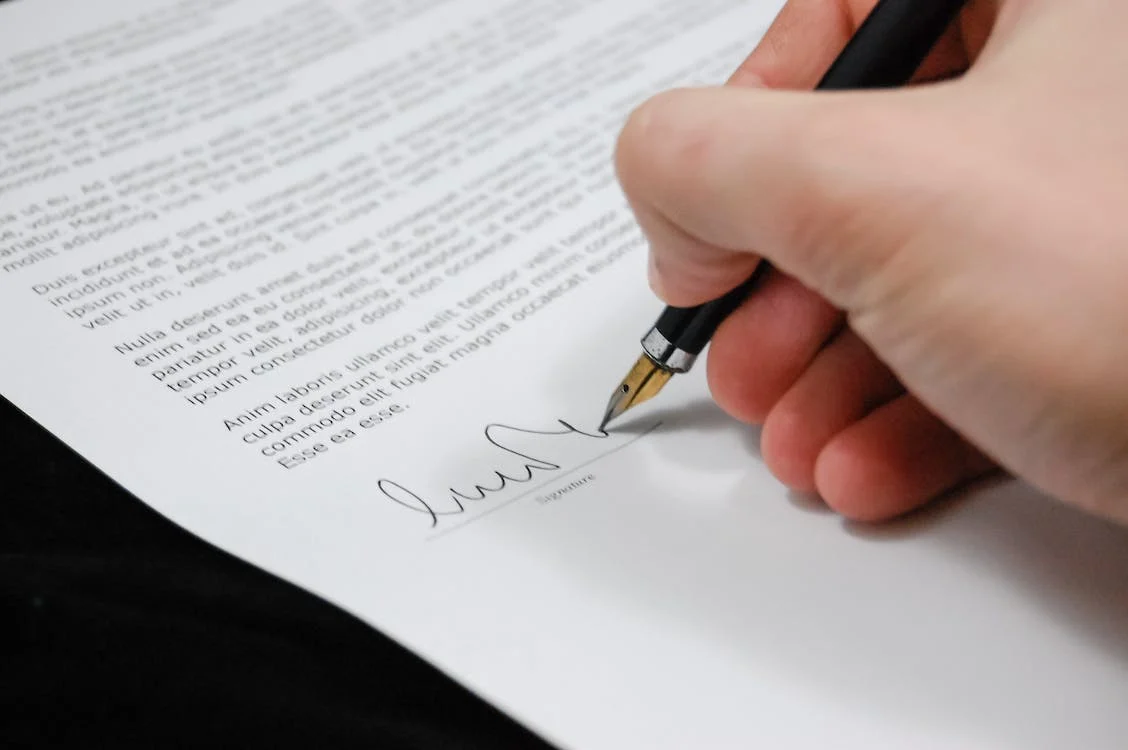Trust Protectors: Who Are They and Who Needs One?

The trust protector’s role is relatively new in modern domestic trust planning. Generally, trust protectors provide oversight of certain decisions and allow for a degree of flexibility not easily accommodated by the traditional parties to a trust. The role of a trust protector is a function that carries out enumerated administrative and strategic purposes generally not reserved for the trustee, settlor/trustor, or beneficiaries.
When designing a revocable living trust, the attorney generally delineates the relative rights and powers of the parties. For example, the trust addresses matters such as whether the settlor/trustor (and beneficiaries, after the settlor’s death or incapacity) will have the right to remove or replace a trustee.
Further, the powers of the trustee regarding many matters, including investment and distribution, are also generally addressed. However, beyond these basic instructions, sometimes more profound issues are not easily addressed. For example, questions can arise over whether to change the legal situs, governing provisions, or beneficiaries of the trust. These are the instances in which the role of the trust protector is most helpful.
Trust Protector: What does this role involve?
Oregon’s trust code is one of the few states in the U.S. that does not define “trust protector.” Please also note there is no universally accepted definition in trust law. An amalgam of the various descriptions of the role of the trust protector provides that a trust protector is an individual or entity with specific powers to direct the trustee in administering a trust.
Common trust protector powers include the powers to:
A. remove, add, and replace the trustee;
B. veto or direct trust distributions;
C. add or delete beneficiaries;
D. change the trust’s situs or governing law;
E. veto or direct investment decisions;
F. consent to the exercise of a power of appointment;
G. determine whether an event of duress has occurred;
H. amend the trust’s administrative provisions;
I. amend the trust’s dispositive provisions;
J. approve trustee accounts; and
K. terminate the trust.
The Trust Protector Can be a Valuable Tool
The most common power exercised by a trust protector is the power to remove and replace a trustee. With individuals and companies constantly relocating and with corporate trustees changing hands with increasing frequency, this power can be very valuable. When creating a trust, settlors often select as trustees an individual or institution with whom they have an existing relationship. Later, through moving, acquisition, merger, or otherwise, the trust may be administered in another jurisdiction or by another trust officer or individual. This is a prime example of when the trust protector should act.
Why are Trust Protectors Gaining Popularity?
Trust protectors are gaining in popularity as people recognize the need for additional oversight of Trusts. Trust Protectors can offer an additional layer of protection to guarantee that Trusts are administered in keeping with the instructions of their Settlors/Trustors, ultimately serving the interests and welfare of all Trust Beneficiaries. Trust Protectors have the authority as listed above to ensure everything is as planned. In addition to providing peace of mind for those involved in a Trust arrangement, having a Trust Protector also provides legal protection from any potential disputes over how a Trust is managed.
Who Needs a Trust Protector?
Trust Protectors can provide an extra layer of security to ensure that Trusts are administered according to the wishes of their Settlors/Trustors, and ultimately benefit Trust Beneficiaries. Who needs a Trust Protector? Generally speaking, anyone who is involved in a trust arrangement should consider appointing a Trust Protector for added protection from any potential disputes over how the Trust is managed. This could include those setting up trusts for family members, business owners establishing trusts for employees, or even people creating their own personal trusts. Appointing a Trust Protector gives peace of mind that the wishes of the settlor will be carried out as intended.
What are the risks of having a trust protector?
Not everything is perfect in having a Trust protector, so we wanted to outline some of the risks that could rear their heads if the wrong Trust protector is engaged.
- Trust Protectors can make mistakes or act maliciously, which could lead to financial losses for the Trust beneficiaries.
- Trust Protectors have the power to change Trustees and Beneficiaries, which may not always be in line with what was originally intended by the Settlor/Trustor when setting up a Trust.
- If a trust protector acts beyond their legal authority this could result in negative tax implications or even invalidate the Trust altogether.
- There is potential for conflicts of interest between Trust Protectors and other parties involved in the Trust arrangement (e.g. trustees, beneficiaries).
- Appointing a Trust Protector also carries costs such as legal fees associated with drafting documents outlining their powers and duties, insurance premiums if applicable, etc.
While it is unlikely that these issues will arise, it’s important to be aware that these can happen.
Conclusion
Trustees are selected for a number of reasons, not the least of which is confidence in the capability of the trustee to carry out the settlor’s desires. Trust protectors are often used to provide an additional level of assurance that those wishes will be carried out. However, before creating the position of a trust protector in any trust instrument, the settlor must understand not only the potential benefits of having a trust protector but also the potential risks that accompany that role.
Contact J Mishkin Law for Further Legal Advice
Estate planning isn’t easy. Trustees, trust advisors, trust protectors, beneficiaries – the terminology and tricky overlap of it all is endless. But, you don’t have to tackle these complicated decisions alone. If you’re interested in employing a trust protector, or are looking for more personalized estate planning advice, J Mishkin Law is the experienced professional team you need in your corner. Reach out today to start securing the future of your estate.
Share:



